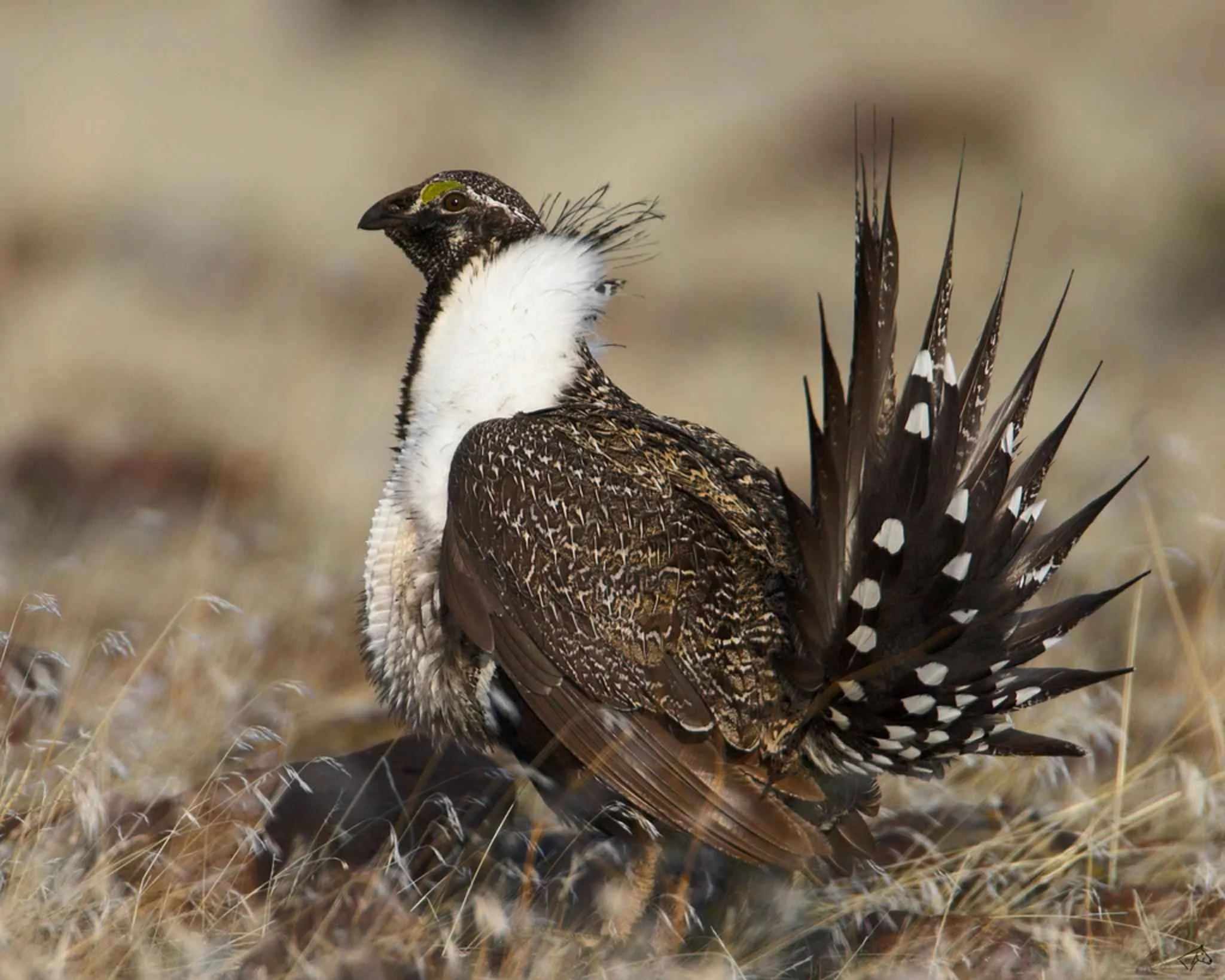Global Attempts to Ban “Meaty” Labels on Plant-Based Foods Aren’t Working
Legal actions to limit the use of words like “steak” and “burger” on plant-based meat alternatives are losing in the courtroom as both France and South Africa ruled this week in favor of plant-based companies.
Vegan bacon by French company La Vie. Credit: La Vie
The last decade has seen a huge growth in the plant-based food sector, with consumer demand for animal-free meat and dairy alternatives seeing grocery stores stocking the likes of Beyond Burgers, Impossible Chicken Nuggets, and Oatly oat milk.
But the animal agriculture industry and its supporters have not entirely welcomed the new competition. Instead, there have been regular threats of legal action against plant-based food companies who use terms like “meat”, “steak”, or “milk” to help describe their products to consumers.
These legal attacks have stirred up controversy around the world. According to the meat industry, packaging that bears “meaty” descriptors is misleading consumers, who may purchase the likes of a plant-based sausage mistakenly thinking that it contains meat.
But the plant-based industry says such action is unfair: terms like “sausage” are food shapes, rather than words exclusive to meat, and are used to help indicate to consumers where the plant-based products are to be used. Oat milk, for example, may not be milk from a cow, but the “milk” descriptor helps consumers know that it can be used in place of where milk is typically used - cereal, hot drinks, smoothies, etc. It looks - and functions - like milk, similar to foods like peanut butter.
Now, one of the world’s most publicized legal cases over plant-based food labelling has been suspended, in a victory that highlights how the plant-based food industry is managing to win the war of words so far.
Earlier this year, the French government made global headlines when it announced plans to ban meaty terms including “steak”, “filet”, and “escalope” on plant-based products.
The French law would apply to packaging that includes meaty language, which could include this vegan bacon by French company La Vie. Credit: La Vie
If plant-based companies in France broke the new labeling rules, they could face fines of up to 7,500 euros ($8,000).
But the ban, which was set to come into place from May 1, 2024, has now been suspended by the country’s top administrative court. The ruling last week found there to be “a serious doubt over the legality of such a ban”. The suspension will now remain in place until the European Union can respond as to whether the proposed ban is legal under EU law.
Strikingly, France was not the only country this month to counter plant-based labeling bans. In South Africa, the government has spent the last two years seeking to ban certain product names for plant-based meat alternatives.
Such laws would not only affect plant-based companies, but also many of the world’s biggest food companies that have also catered to the growing plant-based market. Credit: Burger King
The government’s plans reached a new level of intensity when it announced that it will seize all meat alternatives from retailer’s shelves that flouted the rules.
The rules refer to any plant-based alternative that contains descriptors like ‘nugget’, ‘burger’, ‘patty’, and ‘sausage’.
However, the Johannesburg High Court last week overturned the decision, meaning that such products cannot be seized and can instead remain available to consumers while the ongoing labeling disputes continue.
These two victories are promising signs that such bans will struggle to be legally enforced, and are not in the interest of consumers.
They also follow other stalled efforts against limiting plant-based companies from developing alternatives to animal agriculture, including Italy’s recent plans to ban cultivated meat.
Cultivated meat - real meat grown from animal cells in a laboratory setting without needing to farm and slaughter an animal - was targeted by the Italian government, who wanted the cultured meat industry banned to “safeguard” the country’s food heritage.
But the proposed bill was withdrawn several months later, as it was suspected that the European Commission would outright reject it.
We Have A Favor To Ask…
Species Unite amplifies well-researched solutions to some of the most abusive animal industries operating today.
At this crucial moment, with worldwide momentum for change building, it’s vital we share these animal-free solutions with the world - and we need your help.
We’re a nonprofit, and so to keep sharing these solutions, we’re relying on you - with your support, we can continue our essential work in growing a powerful community of animal advocates this year.






